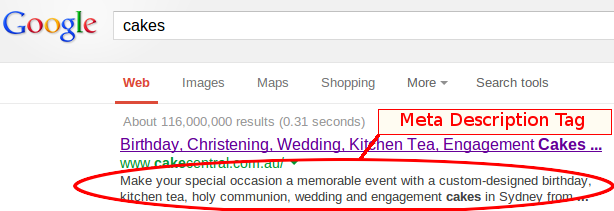Page Keywords Meta Tag

The "keywords" meta tags is no longer used by any of the major search engines. Under some circumstances they can actually be scored negatively against the page rank, when a high count of irrelevant or duplicated key words are added.
The system will automatically de-duplicate keywords if entered. For example if "SEO, meta, Seo,tags,,," is entered as the list of keywords, the list will be converted to "SEO, meta, tags"
Later releases will deprecate the entry of key words completely. Currently Google completely




